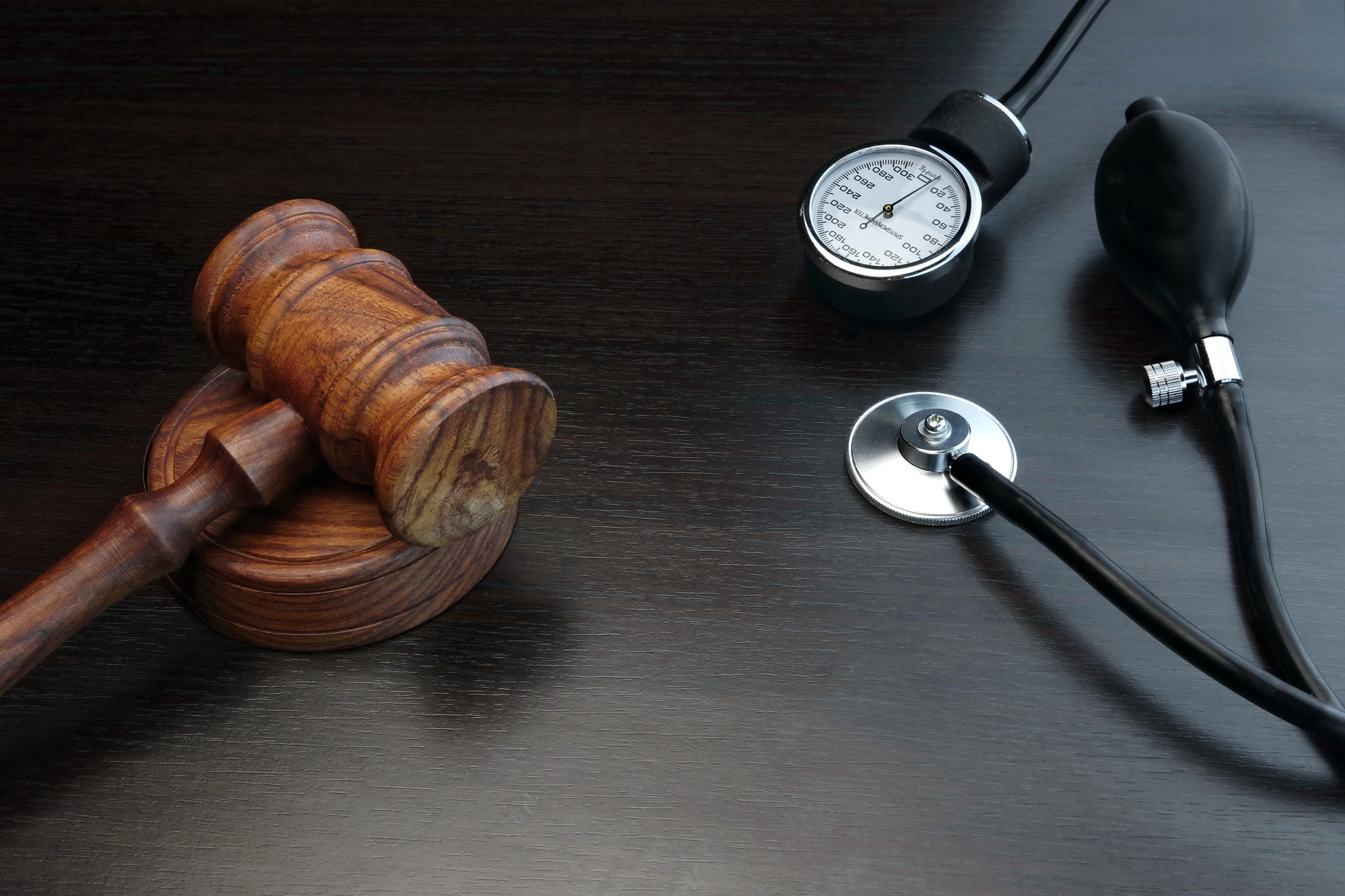Did you know that medical errors are the third leading cause of death in America? Although US doctors receive some of the finest training and education in the world, they are still bound to make mistakes from time to time–some of which are costly.
If you feel that your condition has worsened since visiting a medical professional, you’re probably wondering whether or not it’s their fault. Is it possible that you are owed compensation for the damages you have suffered?
Medical malpractice law is incredibly complicated. In fact, medical malpractice cases are some of the hardest to win of all personal injury claims, which is why you’ll need a skilled attorney to win the fight.
To get a better sense of how medical malpractice law works, let’s take a look at the 7 most important things you should know about it.
1. Standard of Care Is Key
Medical malpractice is defined as the breach of the standard of care you should expect from a medical professional. In other words, medical malpractice occurs when a medical professional behaves in a harmful manner that is also considered unreasonable given the circumstances. If another medical professional would not have made the same errors under the same circumstances, you have a case.
2. Not All Medical Issues Count as Medical Malpractice
As much as we wish it were, medical care is not an exact science. There are times where errors may occur or your condition may worsen that do not qualify as medical malpractice.
For example, imagine that your doctor listened to your symptoms, ran the proper tests, and came to the conclusion that you had a specific illness. They then began to treat you for the illness that they reasonably believed you to have.
However, they were unaware of a few of your unrelated symptoms because you did not believe those symptoms were relevant. As a result, they did not know that the medication they prescribed would lead to adverse reactions. This is not technically medical malpractice, as the doctor behaved reasonably given the information they had available to them.
3. Medical Malpractice Law Is Time-Sensitive
When the law is broken or your rights are infringed upon, your ability to act is always time-sensitive. This is referred to as the statute of limitations, which outlines how much time you have to file a claim or press charges.
In the state of Hawaii, you have two years from the time the medical malpractice occurred to pursue legal action. It is always best to start sooner rather than later.
4. Medical Malpractice Can Occur in a Number of Ways
There are a number of ways that medical malpractice can occur. Some of the most common are:
- Misdiagnosis, failure to diagnose, or improper prescribing practices
- Surgical operation on the wrong body part or wrong patient
- Improper surgical operation on the correct patient
- Misreading or mishandling of lab results
- Medical equipment or supplies left behind in the surgical site
As you can see, medical malpractice cases vary greatly. The best way to determine whether or not you have one is to consult a medical malpractice attorney.
5. You Must Prove Negligence
As we mentioned earlier, standard of care is a key component of any medical malpractice case. You can’t build a case on a bad medical outcome, alone. Instead, you need to prove that the medical professional in question behaved negligently in treating or operating on you.
Oftentimes, that negligence comes down to distraction. If a medical professional was not paying full attention while you were discussing your symptoms or did not review your family’s medical history, for example, this would be considered negligent.
6. There Are Multiple Ways to Quantify Your Damages
When putting together your medical malpractice claim, you will need to be able to prove that you have suffered and quantify your damages in a tangible way. The more you are able to articulate your suffering and the damages owed, the more likely it is that you will receive the compensation you are asking for.
The most obvious way to quantify your damages is to compile your medical bills. Talk to the doctor who is treating you presently about future medical expenses they expect you to accrue. You may receive compensation for future bills that are related to your case, as well.
You can also include any lost income in your claim. What that means is that you can report any hours you missed at work due to the medical malpractice you’ve experienced. Alternatively, you can report a reduced income if your injury or illness has limited your ability to perform your normal duties.
Finally, you may be able to ask for additional compensation for your undo suffering.
7. You Should Not Pursue a Medical Malpractice Claim Without an Attorney
Medical malpractice law is extremely nuanced and the legitimacy of your case can vary from region to region. Trying to fight your compensation alone is not advisable.
Instead, make sure that you hire an experienced attorney who has a proven track record. Not only does this increase your chances of winning your case but it also alleviates some of the stress involved with fighting a legal battle.
Need a Medical Malpractice Attorney in Hawaii?
Do you believe that you are suffering undo harm due to the negligence of a medical professional? Are you wondering if your experience qualifies as medical malpractice?
Cummings Law in Honolulu is Hawaii’s leading law firm for medical malpractice law. We have fought thousands of cases and won millions of dollars for our clients over the years.
If you are looking for a medical malpractice lawyer in Hawaii, contact Brian Cummings at Cummings Law. We will start you off with a consultation so that you are informed about your case’s standing before signing any contracts.


